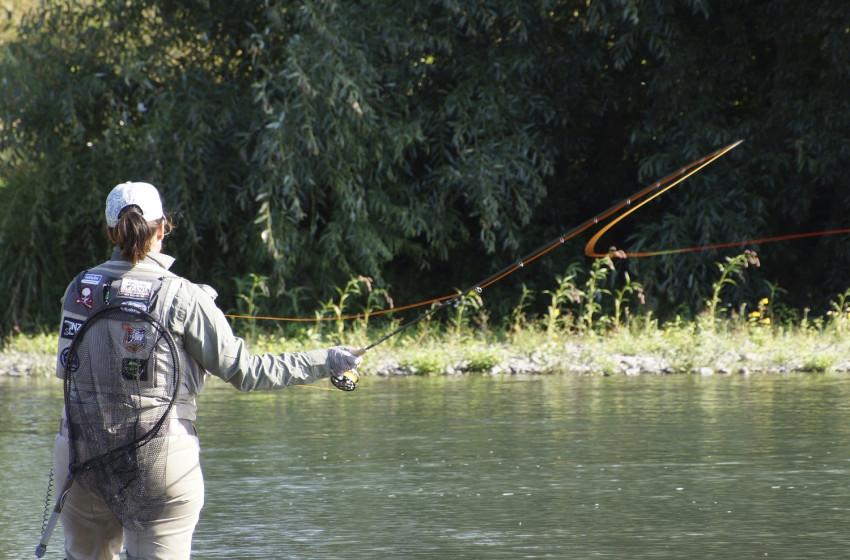NZFFA Report for Reel Life September 2017
- 20/09/2017

WATER POLITICS
Another election over and now we’ll see if politicians really do take the health of our rivers, lakes and aquifers seriously.
Here are the key issues for the next decade:
Ownership
The first issue is that imposing any form of royalty, tax or charge infers there is an owner, such as the Crown, and that in turn sparks the rights and interests of Iwi in freshwater. To date the Government has avoided this issue by saying no one owns the water. Maori rights and a potential settlement are pre-requisites for any water charging.
Water as a Tradable Commodity
The second issue arises when economists apply the “highest value use” theory to water – charge for it and only those who use it in the most economically beneficial way can afford it. The Opportunities Party pushed for charging for the commercial use of water, which legally makes water a property – something that can be owned and sold. Currently, only water permits (consents to extract) can be traded under S136 of the Resource Management Act 1991 and only within a catchment.
Labour proposed a royalty which infers ownership by the entity that imposes the royalty, such as the Crown and again, Maori interests in water will need to be agreed if this is to proceed.
Extending market-based mechanisms to freshwater would enable any entity to buy and sell freshwater which they have a right to extract. Our history has shown that farms, real estate, forestry, banks, factories and in fact any successful economic enterprise has been bought by offshore interests. To see that happen to our freshwater would be offensive to many.
Polluter Pays
The third issue is charging polluters. Currently $465M of public money is used to mitigate pollution, mainly in rural areas and so far nothing is allocated to improve wastewater treatment schemes or stormwater management. Measuring non-point, or diffuse pollution is difficult as it is hard to apportion the source – the Greens nitrate pollution tax addresses this issue by using Overseer (the part MPI-funded software that attempts to enable optimum nutrient/fertiliser usage according to land type and use). Relying on a computed model to assess pollution will always be open to challenge of course. Perhaps a better way would be to invest more in effective diffuse pollution measurement techniques.
TOP want to treat pollution as another tradable commodity, comparable to the Emissions Trading Scheme – the cap and trade scheme – with the risk that it places freshwater control in the hands of those that can afford to own it and pollute it.
What is Clean Water?
National, Labour and Greens determined ‘swimmable’ as the benchmark for freshwater. In effect this is measured solely by E.coli concentration. So, you could swim in a concentrated solution of nitrates and phosphates, plus sediment and it would still pass the swimmable standard.
Maori party went one step further proposing to “Make the Freshwater Standard Drinkable”. Presumably this will refer to the Drinking Water Standard 2005 (Revised 2008) care of the Ministry for Health, an ambitious goal for two reasons:
- Limits for attributes such as nutrients and pathogens are very high, for example E.coli at 1 per 100ml compared to the current NPS of 250-500 per 100ml.
- There are over 150 criteria which determine acceptable drinking water – an expensive operation for 425,000 kilometres of waterways.
Ecological health, which can embrace swimmability, has largely fallen through the cracks of the fight for clean water.
Minimum Flows
All the political parties failed to address the critical issue of how much water can be abstracted without causing environmental harm. All parties make mention of it, but not a single party has addressed how it is determined or implemented. This, despite the fact that the Ministry for the Environment spent nearly a decade to develop a draft National Environmental Standard on minimum flows (2008) which still languishes on a shelf.
If only freshwater anglers had been consulted and were more involved in developing freshwater policies I’m sure all of the above half-baked ideas would have been vastly improved.
David Haynes
New Zealand Federation of Freshwater Anglers & Co-Leader Outdoors Party
Email: david@solumconsulting.co.nz